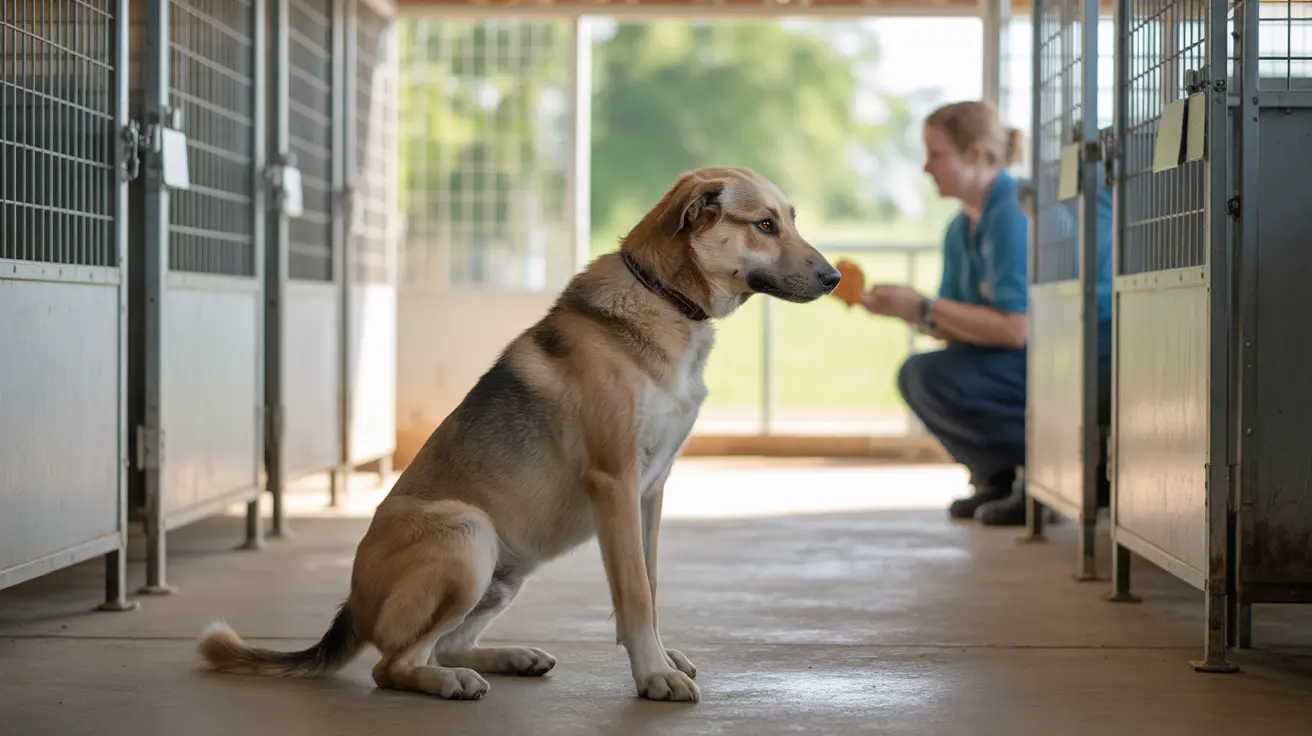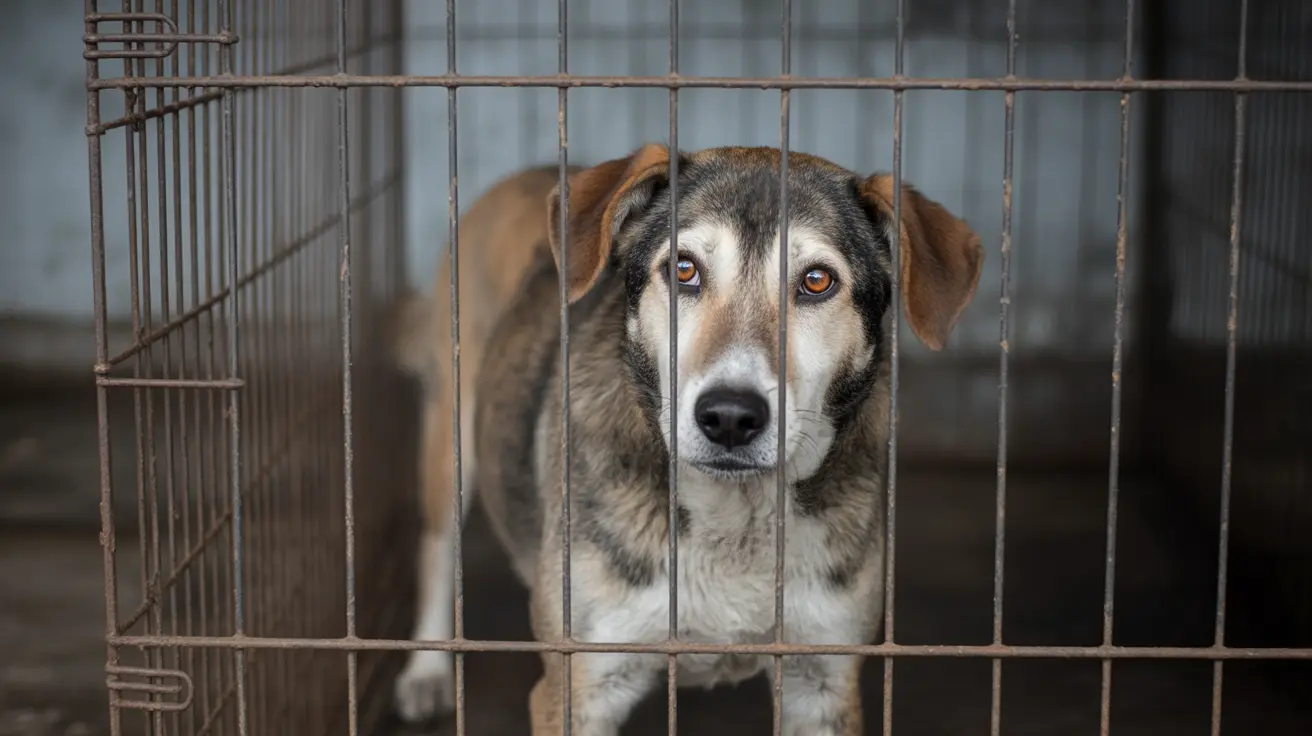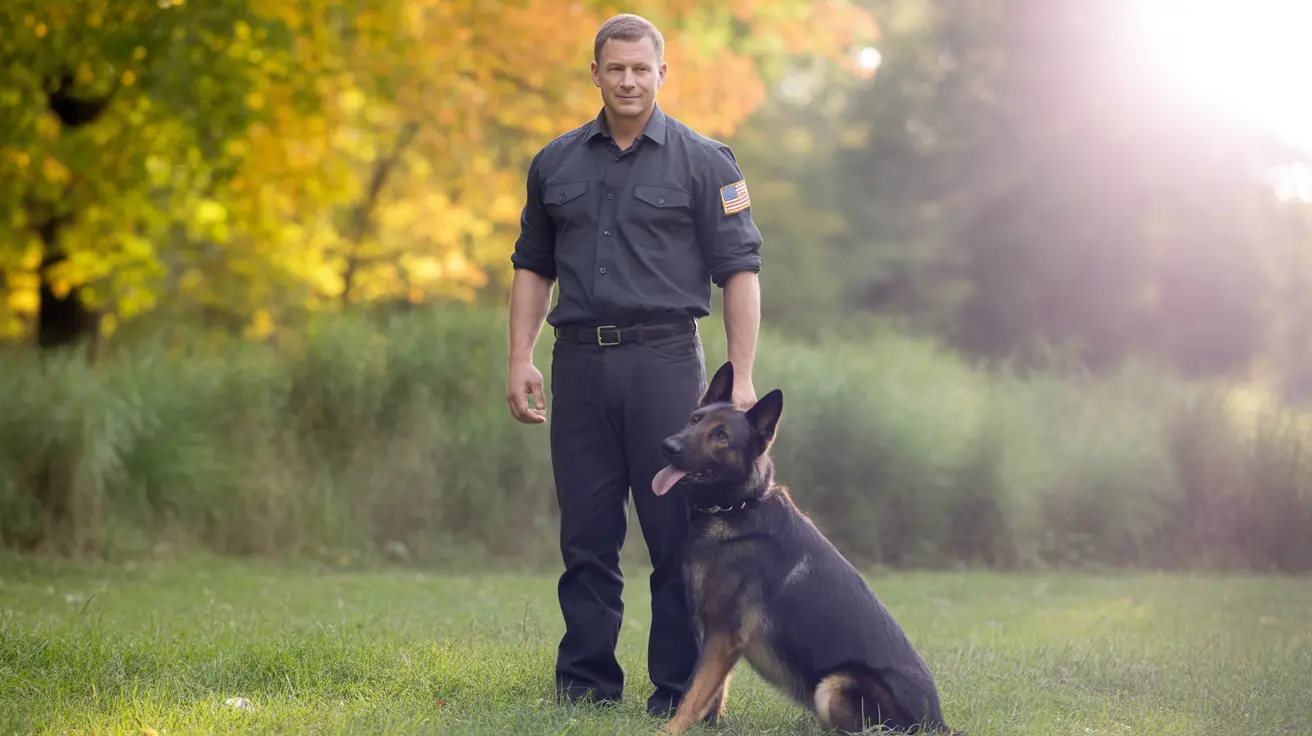Finding out your dog ate an edible can be a terrifying experience for any pet owner. With the increasing availability of cannabis products, incidents of dogs ingesting marijuana edibles have become alarmingly common. This comprehensive guide will walk you through the crucial steps to take, potential risks, and how to ensure the best possible outcome for your furry friend.
Understanding the severity of cannabis toxicity in dogs is essential - they are far more sensitive to THC than humans, and what might be a recreational dose for a person could be dangerous or even life-threatening for your pet. Additionally, many edibles contain other ingredients like chocolate or xylitol that can be toxic to dogs, compounding the risk.
Immediate Actions to Take
If you discover your dog has consumed a cannabis edible, time is of the essence. Here are the critical first steps:
Contact Emergency Services
- Call your veterinarian or pet poison control immediately
- Provide details about the type and amount of edible consumed
- Mention when the ingestion occurred
- Have your dog's weight and age ready
Secure Your Pet
Place your dog in a safe, quiet environment away from stairs or furniture they could fall from. Keep them under close observation and document any symptoms you notice.
Understanding the Risks and Symptoms
Common Signs of Cannabis Toxicity
Watch for these symptoms, which typically appear within 30-60 minutes after ingestion:
- Severe lethargy
- Loss of balance
- Urinary incontinence
- Hypersensitivity to sound and touch
- Dilated pupils
- Vomiting or drooling
Severe Complications
More serious symptoms that require immediate emergency care include:
- Seizures
- Tremors
- Difficulty breathing
- Extremely low body temperature
- Coma or unconsciousness
Treatment and Recovery
Veterinary treatment typically involves:
- Decontamination procedures if caught early
- IV fluid therapy
- Temperature regulation
- Monitoring of vital signs
- Supportive care until symptoms resolve
Most dogs recover within 24-72 hours with proper medical intervention, though recovery time can vary based on the amount ingested and the dog's size.
Prevention Strategies
To prevent future incidents:
- Store all cannabis products in secure, pet-proof containers
- Keep edibles in high cabinets or locked storage
- Never leave edibles unattended
- Inform guests about the importance of securing their belongings
- Create a pet-free zone for storage of cannabis products
Frequently Asked Questions
What should I do immediately if my dog ate a cannabis edible?
Contact your veterinarian or animal poison control center immediately. Don't wait for symptoms to appear. Provide them with information about the type and amount of edible consumed, and follow their instructions precisely.
What symptoms indicate marijuana toxicity in dogs after eating edibles?
Key symptoms include severe lethargy, loss of balance, urinary incontinence, hypersensitivity to stimuli, dilated pupils, and vomiting. In severe cases, dogs may experience seizures, tremors, or fall into a coma.
Can chocolate or xylitol in cannabis edibles make my dog's condition worse?
Yes, absolutely. Both chocolate and xylitol are toxic to dogs and can cause additional severe complications. Chocolate can cause heart problems and seizures, while xylitol can lead to dangerous drops in blood sugar and liver failure.
Is it safe to induce vomiting at home if my dog ate an edible containing THC?
No, never attempt to induce vomiting without veterinary guidance. This could be dangerous, especially if your dog is already showing symptoms of THC toxicity or if the edible contains other harmful ingredients.
How does the size and breed of my dog affect the severity of cannabis edible poisoning?
Smaller dogs are at higher risk for severe toxicity because the same amount of THC will have a more concentrated effect on their smaller body mass. Breed-specific factors like metabolism and health conditions can also impact the severity of symptoms and recovery time.
Remember, while this situation can be frightening, most dogs recover fully with prompt veterinary care. The key is acting quickly and being honest with your veterinarian about what your dog consumed to ensure the most appropriate and effective treatment.






